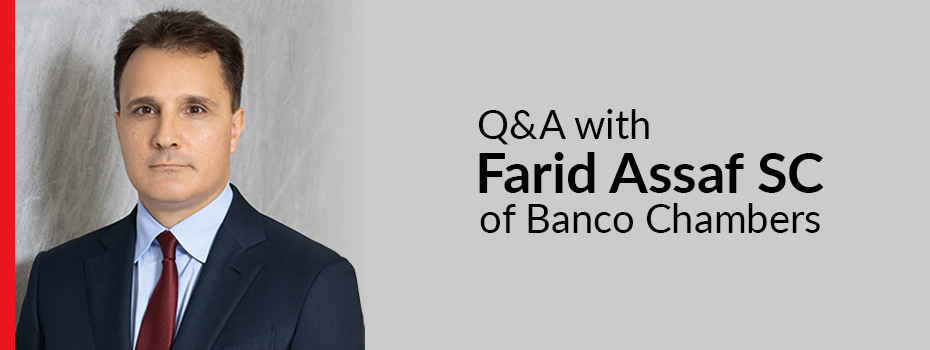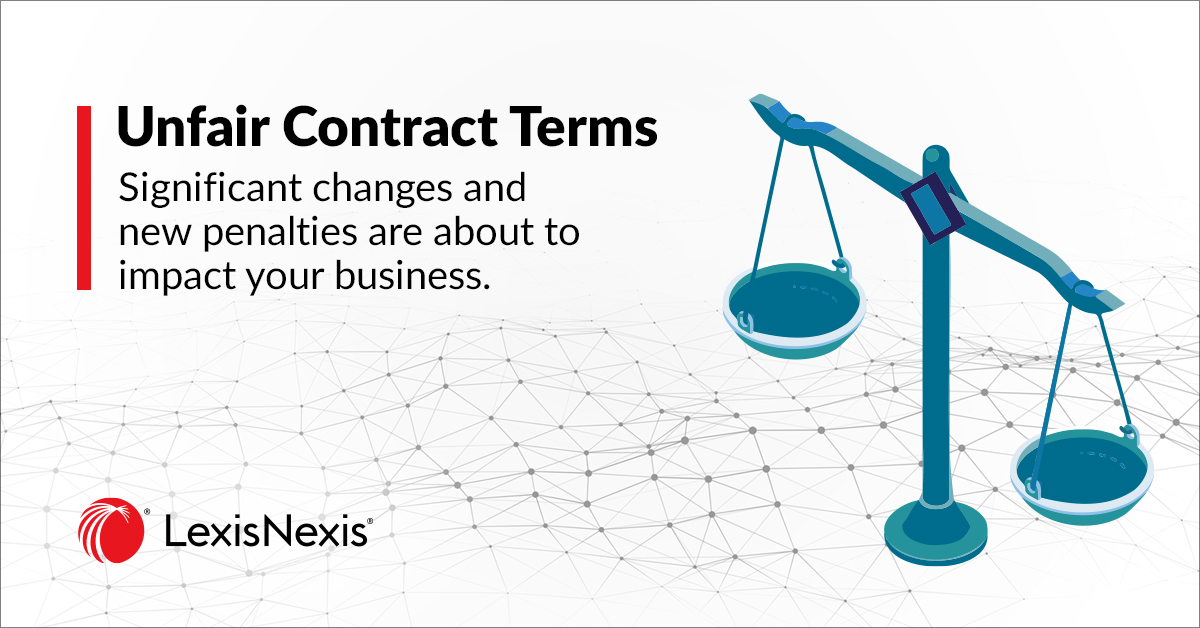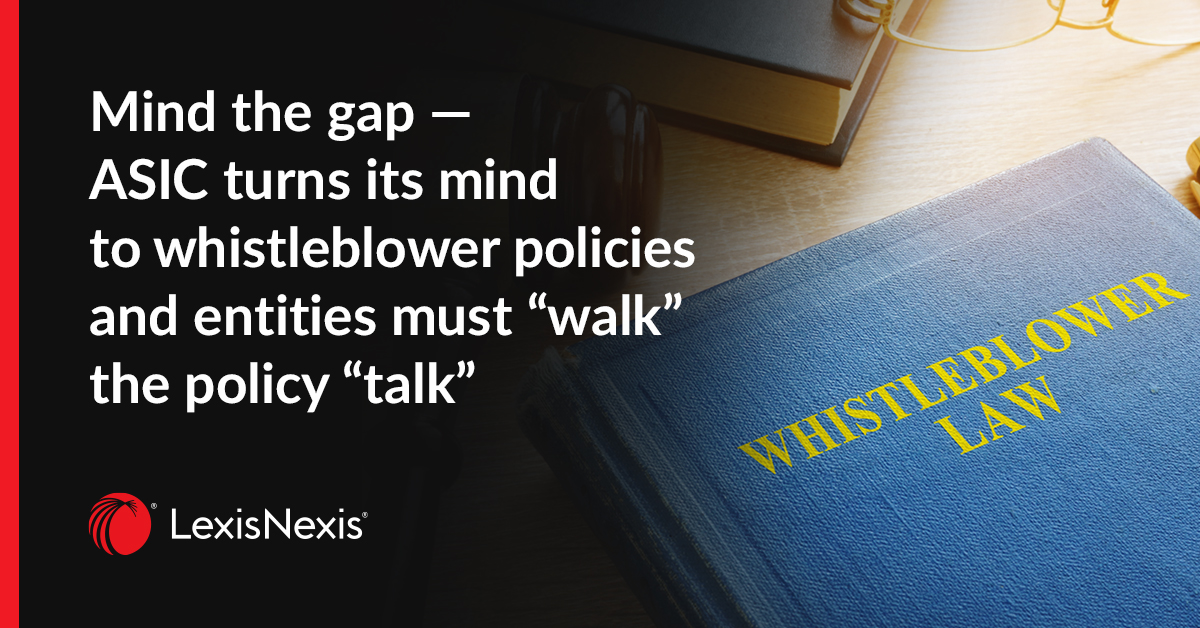
Q & A with barrister Farid Assaf SC, author of Assaf’s Winding Up in Insolvency 3rd edition
01 February 2022 04:33
Assaf’s Winding Up in Insolvency 3rd edition (earlier known as Statutory Demands and Winding Up in Insolvency) is an essential practical reference text providing comprehensive treatment of all aspects of winding up in insolvency.
We took the opportunity to ask Farid Assaf SC of Banco Chambers a few questions about the text.
Q: Why the new title?
The new work is about all aspects of winding up in insolvency. To reflect the change in emphasis, I have added two new chapters. The first new chapter contains a comprehensive guide to practitioners as to how to establish insolvency by way of the various presumptions of insolvency as well as how to establish actual insolvency. The other new chapter discusses cross-border aspects of winding up as well as the winding up of Part 5.7 bodies which are increasingly being sought to be wound up under the Corporations Act.
Q: You discuss the impact of new legislation in the new work. In your view, what are the most significant reforms made by the Corporations Amendment (Corporate Insolvency Reforms) Act 2020?
At a general level, the most significant reform is the attempted introduction by Parliament of a debtor-in-possession model of insolvency and restructuring. In many respects the reform from that perspective is quite revolutionary and stands in stark contrast to the traditionally creditor-friendly philosophy underlying Chapter 5 generally. The debtor-in-possession model is based upon Chapter 11 of the United States Bankruptcy Code which is probably the most pro-debtor piece of insolvency legislation in the world. Interestingly, other traditional creditor-friendly jurisdictions, such as the United Kingdom and Singapore, have also sought to introduce aspects of the debtor-in-possession model. Singapore in particular recently introduced quite drastic and I must say, very impressive, legislation with a view to seeking to establish itself as a restructuring hub in Asia. I, personally, would have liked to have seen similar legislation enacted in Australia.
Q: What will be the most enduring impact of the Covid-19 pandemic on Winding Up?
From the perspective of winding up, I suspect an expansion of the kinds of matters a Court will take into account when exercising its discretion whether or not to make a winding up order. There are already a few cases where one can see the Court being mindful of the severe impact the pandemic has had on companies, especially smaller ones.
Q: Justice Black of the Supreme Court of NSW notes in his foreword many occasions on which the earlier editions have been cited by Courts. Do you remember the first case it was cited in?
Yes, a July 2009 decision of Justice White of the Supreme Court of New South Wales (now of the New South Wales Court of Appeal) in Aerospace Aviation v Deshmukh [2009] NSWSC 659; BC200905961.
Q: You have included some terrific precedents and checklists - do you have any specific drafting tips for this area of law?
Yes, buy the book! Seriously though, if I had one tip it would be to read the legislation, including any prescribed forms, very carefully to ensure that the drafter takes into account and addresses all relevant matters.
Q: You reviewed hundreds (thousands?) of cases for this new edition? What cases do you think are most critical/pivotal in terms of recent developments in winding up law in Australia
Almost any decision of Justice Black of the Supreme Court of New South Wales in the past ten years. His Honour has addressed almost a myriad number of issues relating to winding up in the substantial body of case law he has single-handedly produced over the years.
Q: Why should practitioners buy the new book?
That’s easy – it saves you time, angst, and money.
ABOUT THE AUTHOR
Farid Assaf SC is a barrister at Banco Chambers, Sydney. He was admitted as a solicitor in 1998 while employed as a lawyer with the then Australian Securities Commission and commenced at the Bar in 2000. Farid has a diverse national practice with a particular emphasis on corporations and insolvency law matters and is ranked in Chambers and Partners Australia Directory, Best Lawyers and Doyle’s Guide. Farid is also a Fellow of INSOL International and the author of a number of leading texts in insolvency law all published by LexisNexis.
ABOUT THE BOOK
Assaf’s Winding Up in Insolvency is a practitioner-focused reference text providing comprehensive treatment of all aspects of winding up in insolvency. Formerly known as Statutory Demands and Winding Up in Insolvency, this new text has been completely rewritten, updated and expanded.
The work discusses in detailed and scholarly fashion all requirements of winding up in insolvency including establishing insolvency, practical issues relating to issuing and setting aside statutory demands, making and opposing winding up applications and includes guidance on the recent labyrinthine amendments made to the Corporations Act by the Corporations Amendment (Corporate Insolvency Reforms) Act, 2020 and temporary amendments made in response to the Covid-19 pandemic.
In addition, the book discusses cross-border aspects of winding-up in insolvency and the winding up of Part 5.7 bodies. Complete with precedents, this work is an essential reference text for all legal practitioners
Latest Articles
-
 3 tips for banking and finance lawyers when responding to an ASIC enquiry, and how to avoid misleading or deceptive conduct.
3 tips for banking and finance lawyers when responding to an ASIC enquiry, and how to avoid misleading or deceptive conduct. -
 Significant increases to competition and consumer law penalties have commenced and sweeping reforms to the unfair contract terms regime will follow in 12 months’ time.
Significant increases to competition and consumer law penalties have commenced and sweeping reforms to the unfair contract terms regime will follow in 12 months’ time. -
 The Australian Securities and Investments Commission (ASIC) is calling on Australian CEOs, from public companies, large proprietary companies and corporate superannuation trustees to review their whistleblower policies and processes to ensure compliance with private sector whistleblower laws.
The Australian Securities and Investments Commission (ASIC) is calling on Australian CEOs, from public companies, large proprietary companies and corporate superannuation trustees to review their whistleblower policies and processes to ensure compliance with private sector whistleblower laws.
Practical Guidance
Your one-stop solution for accurate legal answers from Australian legal experts. Tools, practically focused guidance notes, checklists, precedents, and training materials support and streamline your legal workflow.
LEARN MORE LexisNexis
LexisNexis